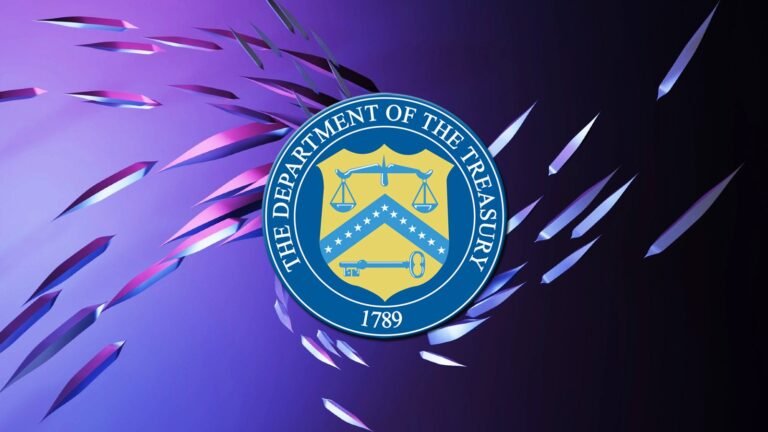Fast Facts
-
The U.S. Treasury sanctioned Song Kum Hyok for links to North Korea’s Andariel hacking group, which conducts financially-motivated cyber operations including ransomware and cryptocurrency theft.
-
Song facilitated a scheme providing fake U.S. identities to North Korean IT workers, allowing them to obtain remote jobs with U.S. companies and funnel income back to North Korea for its weapons programs.
-
Associated with Song are five entities, including Russian nationals and companies, which employ DPRK IT workers, further entrenching North Korean cyber operations.
- Treasury sanctions include asset freezes and transaction bans, threatening foreign banks working with sanctioned entities, following a recent crackdown by U.S. authorities on North Korean IT schemes.
Underlying Problem
In a significant move, the U.S. Department of the Treasury has sanctioned Song Kum Hyok, closely affiliated with North Korea’s notorious hacking group Andariel—a subcomponent of the larger Lazarus group. His activities revolve around orchestrating schemes that exploit falsified U.S. identities to enable North Korean nationals, often operating from countries like China and Russia, to secure employment in U.S. companies. The profits generated from this operation were funneled into North Korea’s weapons of mass destruction programs. The U.S. Treasury has described how these IT workers sometimes assisted in cyberattacks, deploying malware and compromising sensitive data within the corporations that unwittingly employed them.
This sanction extends beyond Song Kum Hyok, encompassing several other associated entities and individuals, including Russian national Gayk Asatryan and his companies, which were instrumental in recruiting these North Korean IT operatives. The repercussions of these sanctions involve a comprehensive freeze on assets and a prohibition on transactions with U.S. individuals and companies, signaling a strong stance against such cybermalfeasance. This initiative aligns with broader efforts by the U.S. Department of Justice to dismantle North Korean IT worker schemes, as demonstrated by recent raids that led to multiple arrests and significant asset seizures related to the operation.
Risk Summary
The recent sanctions imposed by the U.S. Department of the Treasury on Song Kum Hyok, linked to North Korea’s Andariel hacking group, epitomize the multifaceted risks that such cyber activities pose to businesses and organizations globally. As these state-sponsored cyber actors exploit vulnerabilities to infiltrate company networks, businesses that unwittingly employ compromised IT workers become prime targets for various cyberattacks, including ransomware and data breaches, jeopardizing their data integrity and financial stability. The infiltration of malware not only threatens the operational functionality of these organizations but also exposes them to legal liabilities and reputational damage in an increasingly interconnected world. Furthermore, by inadvertently engaging with foreign entities implicated in these schemes, businesses risk financial sanctions and transactional barriers imposed by the U.S. Treasury, creating a ripple effect that can impair global supply chains and financial transactions for innocent parties. Thus, the ramifications extend beyond immediate financial loss, fostering an environment of distrust that ultimately undermines collaborative efforts in the global economy.
Fix & Mitigation
Timely remediation is crucial in the context of Treasury sanctions against North Korea’s nefarious IT worker malware scheme, as it safeguards national security and curtails illicit cyber activities.
Mitigation Strategies
- Implement robust security protocols
- Regularly update software
- Conduct thorough risk assessments
- Employ advanced threat detection
- Train staff on cybersecurity best practices
- Collaborate with law enforcement agencies
- Enhance network segmentation
NIST Guidance
The NIST Cybersecurity Framework (CSF) emphasizes the necessity of a proactive and adaptive approach to cybersecurity risks. It is advisable to refer to NIST Special Publication (SP) 800-53 for comprehensive security and privacy controls tailored to managing these threats effectively.
Continue Your Cyber Journey
Explore career growth and education via Careers & Learning, or dive into Compliance essentials.
Learn more about global cybersecurity standards through the NIST Cybersecurity Framework.
Disclaimer: The information provided may not always be accurate or up to date. Please do your own research, as the cybersecurity landscape evolves rapidly. Intended for secondary references purposes only.
Cyberattacks-V1

